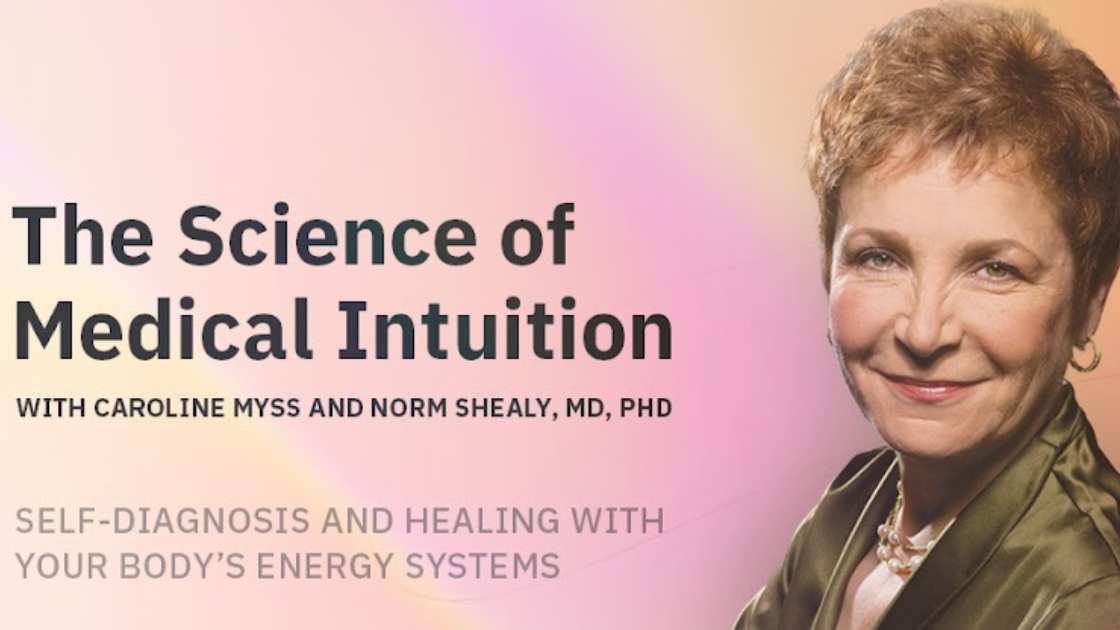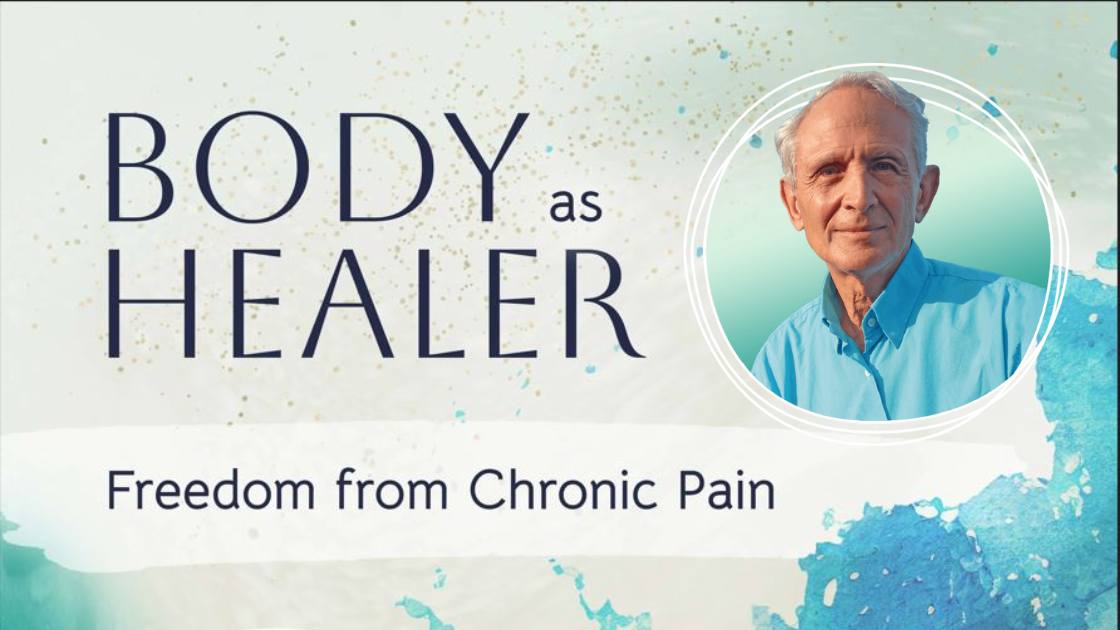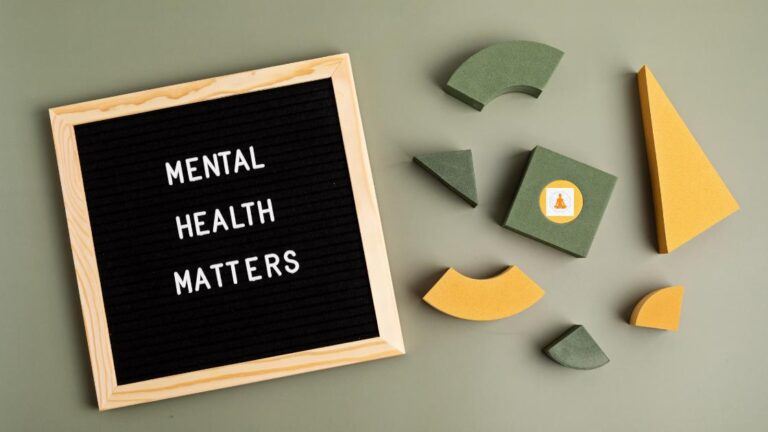Mindfulness. It’s more than just a buzzword; it’s a powerful practice with real benefits for mental health. You’ve probably seen the term on wellness blogs, health magazines, or even apps on your phone. But how does mindfulness improve mental health, and what does it really mean?
At its core, mindfulness is all about being present in the moment. It’s paying attention to your thoughts, emotions, and surroundings without judgment. Think of it as taking a pause from the chaos of everyday life to just ‘be’.
Science backs this up. Numerous studies show that mindfulness can have a significant positive impact on mental health. Research indicates that mindfulness can reduce symptoms of anxiety, depression, and stress. It can even help improve overall well-being and life satisfaction.
So, if you’re feeling overwhelmed, anxious, or simply want to improve your mental health, mindfulness might just be the tool you need. It’s not about changing who you are, but about tuning into yourself and your environment in a way that promotes peace and understanding.
How Mindfulness Reduces Stress & Promotes Relaxation
Stress is a massive part of modern life. Deadlines, constant notifications, and life’s general hustle can leave anyone frazzled. Here’s where mindfulness steps in.
Mindfulness works wonders for stress reduction. It helps by changing how we respond to stressors. Instead of reacting impulsively, mindfulness encourages a more thoughtful, measured approach. This shift can lower our stress levels significantly.
One of the mechanisms at play here is the reduction of the ‘fight or flight’ response. When stressed, our bodies go into this mode. Mindfulness helps calm this response, leading to a more relaxed state. Think of it as training your brain to stay cool under pressure.
- Want to reduce the stress in your life? Try some simple mindfulness techniques. Start with mindful breathing: Take a few minutes each day to focus on your breath. Notice the rise and fall of your chest, the air entering and leaving your nostrils. This simple practice can do wonders for stress relief.
- Another technique is the body scan. This involves paying attention to different parts of your body, one at a time, and observing any sensations without judgment. It’s a great way to unwind and tune into yourself.
These practices, though simple, create a buffer against the day’s stresses, promoting a sense of relaxation and well-being. Regular mindfulness practice can make these feelings more persistent and robust.
Enhancing Emotional Regulation with Mindfulness
Emotions can be a wild ride, right? One moment you’re on top of the world, and the next, something sets you off, and it’s a downhill plunge. Luckily, mindfulness offers a toolkit for managing these emotional swings.
Emotional regulation is all about being able to control your emotional responses. It doesn’t mean suppressing feelings but rather understanding and responding to them in a balanced way. When emotions are well-regulated, you’re less likely to overreact or feel overwhelmed.
Mindfulness helps by making you more aware of your emotions in the moment. Instead of acting on autopilot, you begin to notice your feelings as they arise, which allows you to choose how to respond. It’s like shining a flashlight on those hidden corners of your emotional world.
- One technique to enhance emotional regulation is the ‘RAIN’ practice: Recognize, Allow, Investigate, and Non-Identification. Recognize the emotion you’re feeling; Allow it to be there without judgment; Investigate why you’re feeling this way; and finally, realize you are not your emotion—it’s just one part of your current experience.
- Another helpful practice is keeping an ’emotion journal’. Spend a few minutes each day jotting down what you felt and why. Over time, this can reveal patterns and triggers, giving you insights to better manage your emotions.
Mindfulness doesn’t make emotions disappear, but it definitely makes them easier to handle. With regular practice, you’ll find yourself responding to emotional challenges with greater ease and resilience.
Hope you’re finding this post useful!
Want to take your mindfulness practice further? I have got some fantastic tools that could be just what you need. Give them a look and see how they can benefit you!

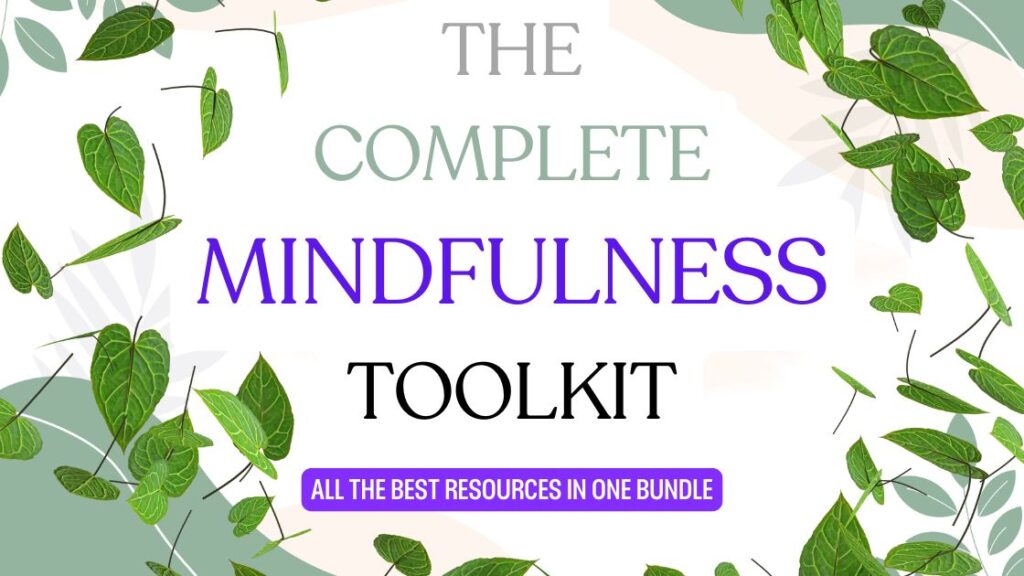

Improving Focus & Reducing Anxiety with Mindfulness
Attention spans these days? Practically nonexistent. Between social media, work, and life’s constant interruptions, staying focused can be a Herculean task. But mindfulness offers a way to sharpen your focus and, as a bonus, helps reduce anxiety.
When practicing mindfulness, you train your brain to stay present. This daily practice improves your attention span over time, making it easier to concentrate on tasks. Imagine being able to finish that report or enjoy a conversation without your mind wandering off every ten seconds.
Anxiety and focus are more connected than you might think. When your mind’s racing with anxious thoughts, it’s nearly impossible to focus. Mindfulness can break this cycle. By centering your thoughts and anchoring your attention, mindfulness helps calm the mind. The less anxious you feel, the easier it becomes to focus.
- To get started, try simple practices like mindful listening. Pick a piece of music and really listen to it for a few minutes, focusing on the instruments and rhythms. This trains your brain to focus on one thing at a time, an exercise that helps build stronger concentration skills.
- Another technique is the ‘5-4-3-2-1’ grounding exercise. Identify 5 things you can see, 4 things you can touch, 3 things you can hear, 2 things you can smell, and 1 thing you can taste. This practice shifts your focus from anxious thoughts to your immediate sensory experience, bringing a sense of calm and heightened focus.
Mindfulness offers tangible benefits for both focus and anxiety. With regular practice, the jumble of thoughts in your mind starts to quiet, and you’ll find it easier to tackle tasks with a clear head. Less stress, more focus—sounds like a win-win.
Mindfulness Helps Break the Cycle of Negative Thinking
Negative thoughts can be like quicksand—once you’re in, it’s tough to get out. Mindfulness offers a lifeline, helping you pull yourself out and stay free of those persistent negative loops.
Negative thinking can sneak up on you and spiral out of control. One small worry can snowball into a flood of negative thoughts, dragging you down. Mindfulness helps by making you aware of these thought patterns early on. Instead of getting sucked in, you learn to notice these thoughts and let them pass without engaging.
How does this work? Instead of reacting to negative thoughts, mindfulness trains you to observe them as an outsider. This detachment means you’re less likely to get wrapped up in negativity. You become more of a spectator of your thoughts, rather than an actor fully immersed in the script.
- Curious how to start? One effective method is to practice mindful journaling. Spend a few minutes each day writing down negative thoughts as they arise. Then, look at these thoughts and challenge them. Are they really true, or are they just assumptions? This practice can help you see your thoughts more objectively.
- Another exercise is the ‘leaves on a stream’ visualization. Imagine placing each negative thought on a leaf and letting it float away on a stream. This mental imagery helps create distance between you and your negative thoughts, making them less overwhelming.
Mindfulness doesn’t erase negative thoughts but gives you the tools to handle them better. With practice, you’ll find it easier to break the cycle of negativity, leading to a more positive and balanced mindset.
Glad you’re enjoying the read!
Ready to take your mindfulness journey to the next level? Discover programs that can enhance your practice and boost your overall well-being.
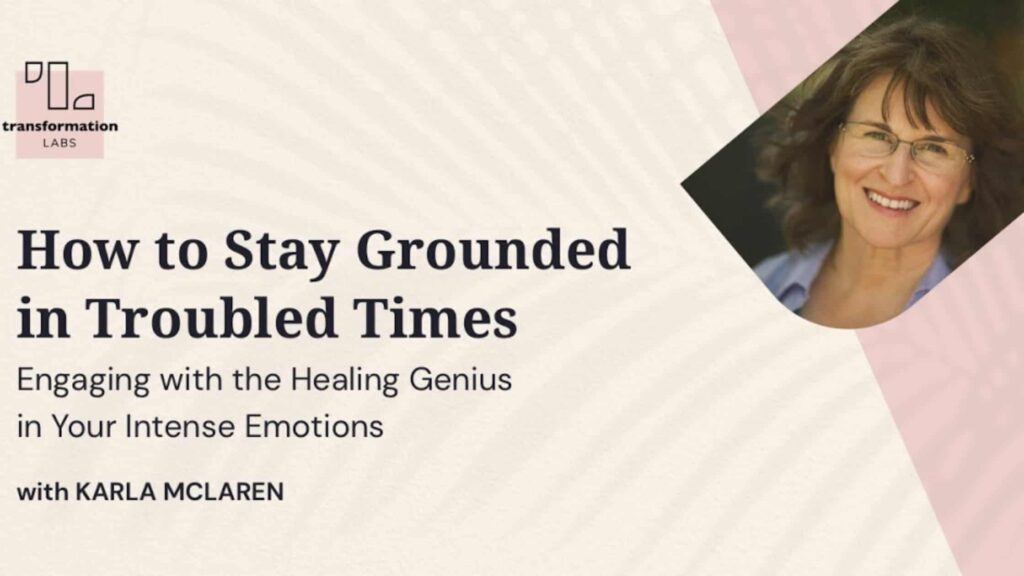



Boosting Self-Awareness & Self-Compassion
Let’s face it: Being self-aware is a game-changer. Knowing what makes you tick helps you navigate life’s ups and downs a lot more smoothly. And guess what? Mindfulness is like a turbo boost for self-awareness.
Mindfulness encourages you to tune in to your thoughts, emotions, and physical sensations. This heightened awareness helps you understand yourself better, making it easier to recognize patterns, triggers, and habits. You start noticing why you react a certain way or how specific situations affect your mood.
Now, self-awareness is just one side of the coin. The flip side is self-compassion. It’s about treating yourself with the same kindness and understanding you’d offer a good friend. When you’re mindful, you catch those moments when you’re being too hard on yourself. Instead of the usual self-criticism, you learn to cut yourself some slack.
- Try a simple mindfulness exercise called the ‘Three-Step Breathing Space’ to start boosting your self-awareness and self-compassion, First, take a moment to acknowledge where you are and what you’re feeling. Second, focus on your breath, using it as an anchor to bring you into the present moment. Third, expand your awareness to include your body, thoughts, and emotions again, but this time with a sense of openness and curiosity.
- Another helpful practice is loving-kindness meditation. Begin by focusing on yourself, silently repeating phrases like ‘May I be happy, may I be healthy, may I be safe.’ Then extend these wishes to others, even to those you find challenging. It’s a powerful way to build a foundation of self-compassion and extend that kindness outward.
Building self-awareness and self-compassion through mindfulness takes time, but the benefits are truly worthwhile. You’ll find yourself becoming more understanding and accepting of who you are, leading to a more harmonious relationship with yourself.
Mindfulness Improves Relationships & Social Connections
We all know relationships can be tricky, whether it’s with friends, family, or colleagues. Mindfulness has a surprising yet significant impact on how we connect with others, making interactions more meaningful and less stressful.
Mindfulness teaches you to be present, which is crucial for any relationship. When you’re fully present, you truly listen and engage with the person in front of you. You’re not just waiting for your turn to speak or half-listening while thinking about something else. This level of attention makes others feel valued and understood.
Consider how this applies to conflicts. Being mindful helps you stay calm and composed, avoiding knee-jerk reactions that escalate arguments. Instead of reacting impulsively, you respond thoughtfully, leading to more productive and less heated discussions.
- Curious about integrating mindfulness into your relationships? Start with mindful listening. The next time someone talks to you, focus entirely on what they’re saying. Notice their words, tone, and body language. This practice alone can transform the way you interact with others.
- Also, try the practice of non-judgment. When engaging with someone, catch yourself whenever you start to judge them or their actions. Instead, observe without labeling. This approach fosters a more accepting and supportive environment, making your relationships more harmonious.
Mindfulness doesn’t just improve individual well-being—it enhances our social lives, too. By being present, listening actively, and withholding judgment, mindfulness paves the way for stronger, more meaningful connections.
Mindfulness as a Preventative Tool for Mental Health Disorders
Preventing mental health issues before they become major problems can truly transform lives. Mindfulness stands out as a powerful preventative tool, helping to keep mental health in check and stave off more serious conditions.
Incorporating mindfulness into your daily routine helps build resilience over time. This resilience acts as a buffer against stress, anxiety, and depression, making you less susceptible to these conditions. Imagine facing life’s challenges with a toolkit that keeps you balanced and grounded.
- One of the keys to mindfulness as prevention is its ability to create mental and emotional space. By regularly practicing mindfulness, you’re more likely to catch early signs of mental health struggles and address them before they spiral. It’s like having an early warning system that prompts you to take action sooner.
- To make mindfulness a preventative practice, start small. Set aside a few minutes each day for mindful breathing or body scanning. The consistency builds a foundation that makes you more resilient in the long run.
- Another practical tip is to integrate mindfulness into everyday activities. Whether it’s eating, walking, or even brushing your teeth, bring your full attention to the task at hand. This not only makes mindfulness more accessible but also reinforces it as a daily habit.
Regular mindfulness practices don’t just manage stress—they fortify your mental health, making it easier to navigate life’s ups and downs. By investing time in mindfulness, you’re building a preventive shield against mental health disorders, setting yourself up for a more balanced, healthier future.
Hey there! If you found this post useful, I think you’ll love these programs I’ve carefully chosen to enhance your well-being.

